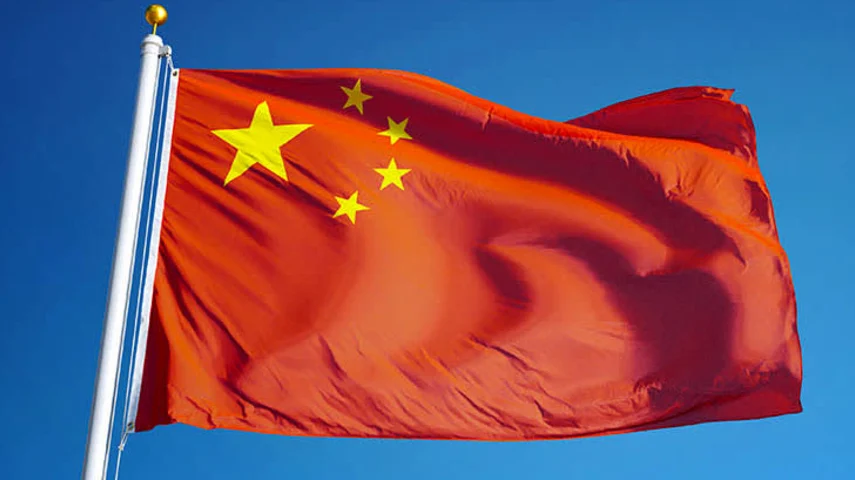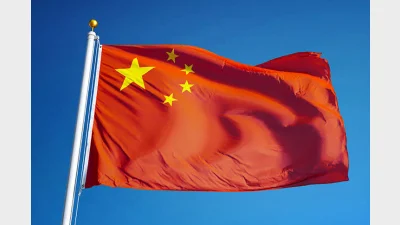What is the outlook for China in the Year of the Dragon?



The Year of the Dragon could see a temporary rebound in Chinese equities and opportunities for contrarian investors to pick up stocks at cheap valuations, according to commentators.
The Shanghai Composite Index is down by 3.2 per cent since the start of 2024 and down by 12 per cent over one year to 8 February. The MSCI China Index (USD) lost 11 per cent during 2023 compared to gains of 10 per cent by the MSCI Emerging Markets Index.
Morgan Stanley’s Capital Markets Group said: “A temporary rebound in Chinese equities is possible heading into 2024, given near-term government support, inexpensive valuations and lightened positioning. However, investors are likely to look through any temporary respite, as structural issues remain entrenched.”
Montaka Global Investments chief investment officer, Andrew Macken, also agreed they could surprise investors in 2024.
In an outlook, Macken said: “It’s certainly possible Chinese equities could surprise investors in 2024. The primary reason for this is that expectations baked into Chinese stock prices are just so damn low. Most foreign investors have stayed away from the Chinese equities for several years now over concerns of political risks and punitive policies being put in place against the private sector.
“But over the last few weeks and months, we have been seeing positive steps being taken and policies being put in place to support a slightly more welcoming environment for foreign investors and the private sector domestically in China. We’re also seeing signs of more supportive economic stimulus domestically in China.”
T. Rowe Price, which holds a neutral weighting to China, flagged economic activity is improving but sentiment is bearish, and consumer and business confidence is “fragile”. This bearish sentiment, however, could be an opportunity for contrarian investors who are looking to take advantage of cheap valuations.
Earlier this year, Chinese property developer Evergrande was ordered to be liquidated after the company failed to reach a restructuring agreement with its creditors since defaulting on its onshore bonds in December 2021.
“The focus now shifts to whether the ruling will be followed in mainland China, which has a separate legal system and where most of Evergrande’s assets reside. Analysts are also concerned that the order to wind up Evergrande, which has as much as US$327 billion in debt according to some estimates, could undermine China’s financial system and further weaken confidence in the housing industry,” T. Rowe Price said.
“Property issues in China are likely to be a headwind for its economy in 2024 and beyond as roughly 70 per cent of household wealth in China is tied to property value. Additionally, the political risk premium on China is likely too high for many,” added Morgan Stanley.
Click here to view China and Asia-ex Japan funds on Money Management's Investment Centre.
Recommended for you
Commentators have said Australian fund managers are less knowledgeable compared with overseas peers when it comes to expanding their range with ETFs and underestimating the competition from passive strategies.
VanEck is to list two ETFs on the ASX next week, one investing in residential mortgage-backed securities and the other in Indian companies.
Perpetual outflows have risen by 134 per cent from the previous quarter as the result of client mergers and rebalancing including $2.5 billion in outflows at Pendal Asset Management.
ClearBridge Investments has expanded investor access to its global infrastructure investment strategies through the launch of three active ETFs on the ASX.















